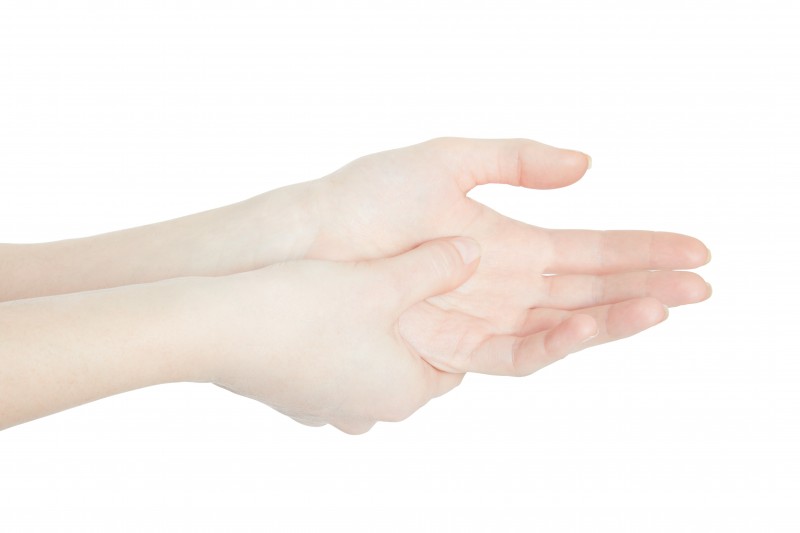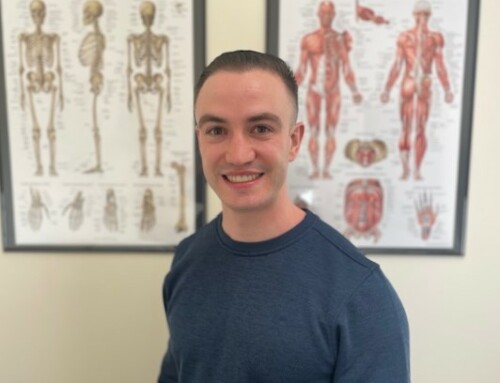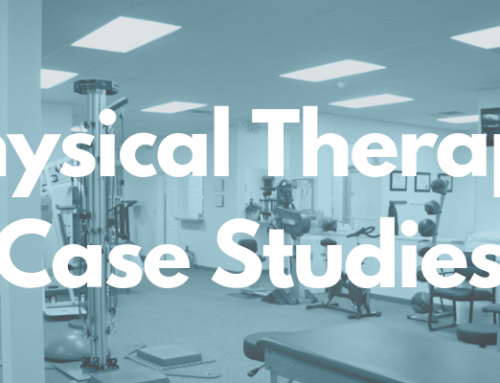Know the Facts About Cubital Tunnel Syndrome
Cubital tunnel syndrome, although not as well known as carpal tunnel syndrome, is no less a painful or debilitating condition. Cubital tunnel involves stretching the funny bone – technically called the ulnar nerve, which is in a groove that runs along the inner area of the elbow causing arm pain and weakness in the hand and fingers.
Unfortunately, this syndrome is very often misdiagnosed. Delay in treatment can leave those suffering from it in considerable pain and – in some extreme cases – with loss of functionality in the affected hand.
What Causes Cubital Tunnel Syndrome?
This condition often goes misdiagnosed at first. It has few causes, including:
- Direct pressure on the ulnar nerve, from repeated leaning on a hard object, for example, can cause cubital tunnel syndrome. The hand feels as if it is “falling asleep” when pressure is applied to the nerve, eventually causing the issue. The ring finger and small fingers will likely be most affected.
- If the elbow is kept bent for long periods, cubital tunnel syndrome can develop. This often occurs in professions that require extensive telephone use, but it can also happen during sleep due to certain sleeping postures.
- Sometimes the way the nerve is positioned can cause this condition. In some individuals, the nerve doesn’t stay in place and will move back and forth over the bony bump of the elbow itself. This recurrent slipping can aggravate the nerve, causing pain
What Are the Symptoms of Cubital Tunnel Syndrome?
The symptoms of this condition can include:
- Numbness or tingling in the ring and smaller fingers
- Pain in the forearm
- A feeling of weakness or clumsiness in the hand
What Are the Treatments for Cubital Tunnel Syndrome?
To prevent this issue, first try to avoid the motion that may be causing the issue. If sufferers wear a splint at night that keeps the elbow from bending, it can provide some relief. A pillow or towel can work as a makeshift splint. Sufferers should also try not to lean on the funny bone, as this can exacerbate the issue.
Treatment with a skilled physical therapist may be an option where you work one-on-one, performing exercises such as elbow flexion and wrist extensions or head tilts. If you are suffering from hand and arm pain, contact us Capital Area Physical Therapy and come in for an evaluation at one of our PT clinics in Saratoga or Queensbury.






